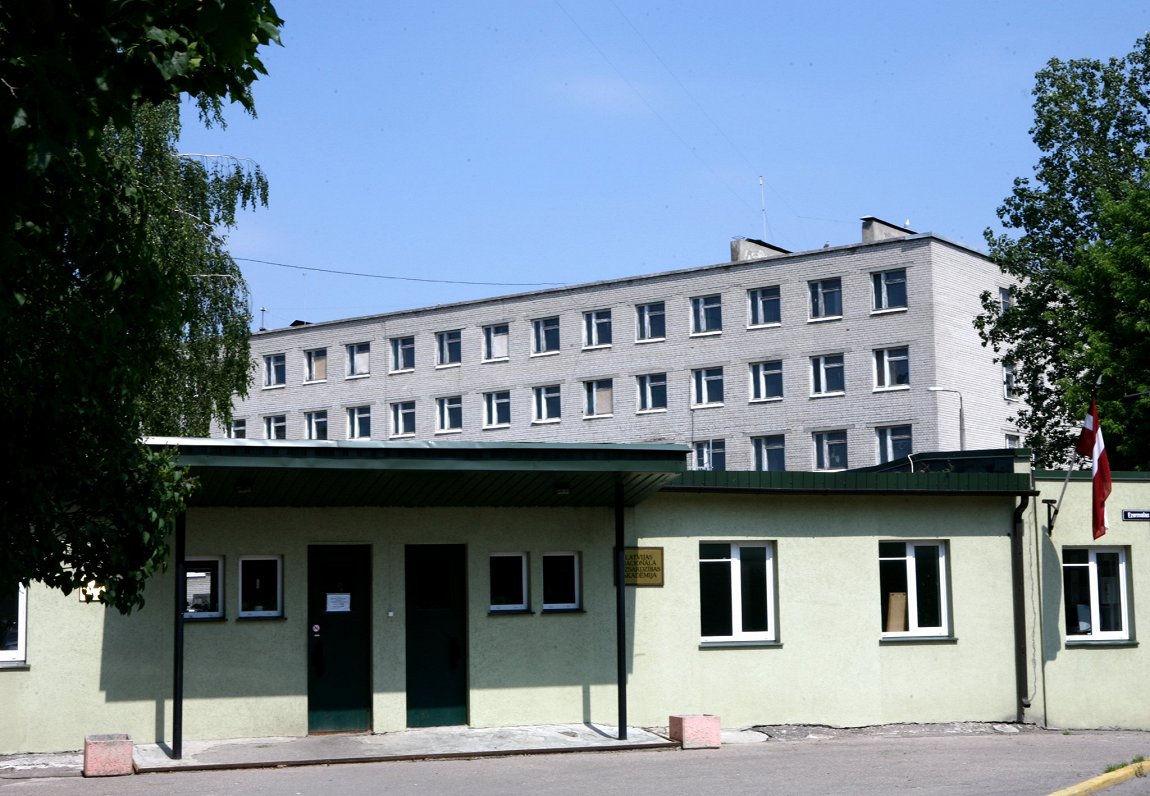Atrial fibrillation is the most common heart rhythm disorder
The UMCG Department of Cardiology has received a $2.5 million grant from the Heart Foundation for atrial fibrillation research. Cardiology professor Michiel Rienstra leads the EmbRACE network which will conduct the research. The research focuses on the mechanisms underlying the development of atrial fibrillation and on new therapeutic strategies to prevent the progression of atrial fibrillation.
Atrial fibrillation is the most common heart rhythm disorder. There are 360,000 people in the Netherlands who have atrial fibrillation; moreover, about 80,000 people who do not yet know about themselves. Atrial fibrillation can lead to complications such as stroke, heart failure and death. The more someone suffers from the consequences of atrial fibrillation, the higher the risk of these complications. It is therefore important to prevent this progression.
Recognize the early signs of a diseased atrium
Many people are diagnosed when the arrhythmia has been present for a longer period of time. It’s important to recognize it early, preferably before it shows up. By the time doctors determine that someone has atrial fibrillation, the atrium has often been diseased for some time, making proper treatment increasingly difficult. The researchers now want to find out what exactly is going on in the atrium and what are the first signs of a diseased atrium. This not only helps to detect these signs early in patients, but also offers opportunities for early and specific treatment.
Mapping of mechanisms underlying atrial fibrillation
Addressing these risk factors and underlying disease processes is a major goal of the new research. The mechanisms underlying the onset and progression of atrial fibrillation are complex and not yet fully understood. These mechanisms may be important for the treatment of atrial fibrillation. While it’s not yet known exactly how the breasts become diseased, it’s already known that high blood pressure, obesity, heart failure, and diabetes are important risk factors. The research will then map the various mechanisms underlying atrial fibrillation, in both men and women.
UMCG conducts research on new treatment strategies
Three new therapeutic strategies are being studied at the UMCG. For example, it is being investigated whether the exacerbation of atrial fibrillation and associated hospitalizations can be prevented by treating people with diseased atria and few cardiac arrhythmias very early with catheter ablation. Another study is investigating treatment with a drug that can reduce weight; this may allow you to effectively treat the underlying cause of atrial fibrillation and prevent its exacerbation. A third study examines how diseased atria can be better and easier measured and monitored in daily practice.
On researching the EmbRACE network
The EmbRACE network is a national collaboration between UMC, general hospitals and universities in Groningen, Maastricht, Amsterdam, Utrecht, Leiden, Rotterdam, Arnhem and Eindhoven. The network is led by Professors Michiel Rienstra from the Department of Cardiology at University Medical Center Groningen and Ulrich Schotten from the Department of Physiology at Maastricht University. Cardiologists, general practitioners, researchers and patients are involved in the network to improve the well-being of patients with atrial fibrillation. Preclinical and clinical research will be combined starting from tissue and digital research, in order to be able to apply these results in studies involving patients with atrial fibrillation at a later stage. The research will last 5 years.
Consult the source and/or provider for more information on this message. News may change, include errors or inaccuracies. Read ours too disclaimer in relationship Please post messages, comments and/or images that are contrary to ours requirements.
Click the tags below for relevant posts, if any…
/b_650_0185.jpg)

